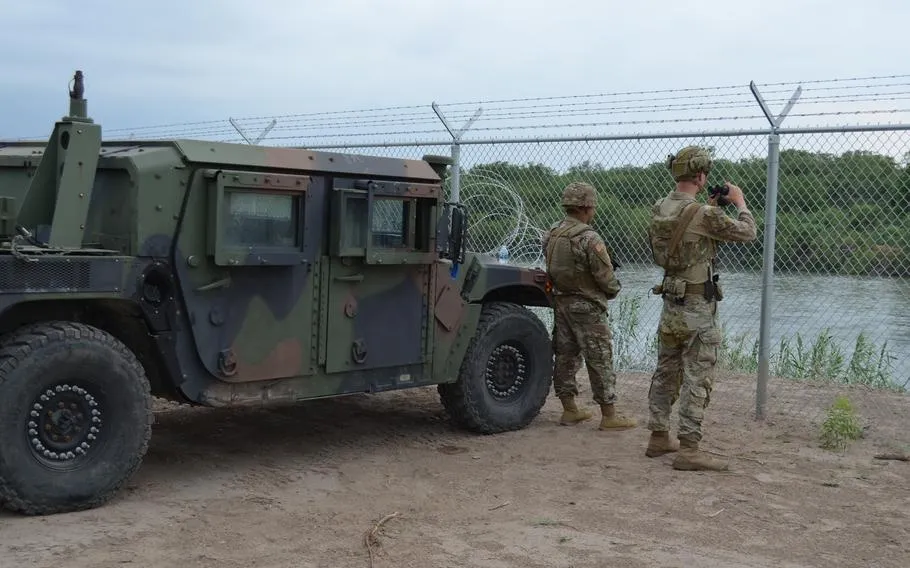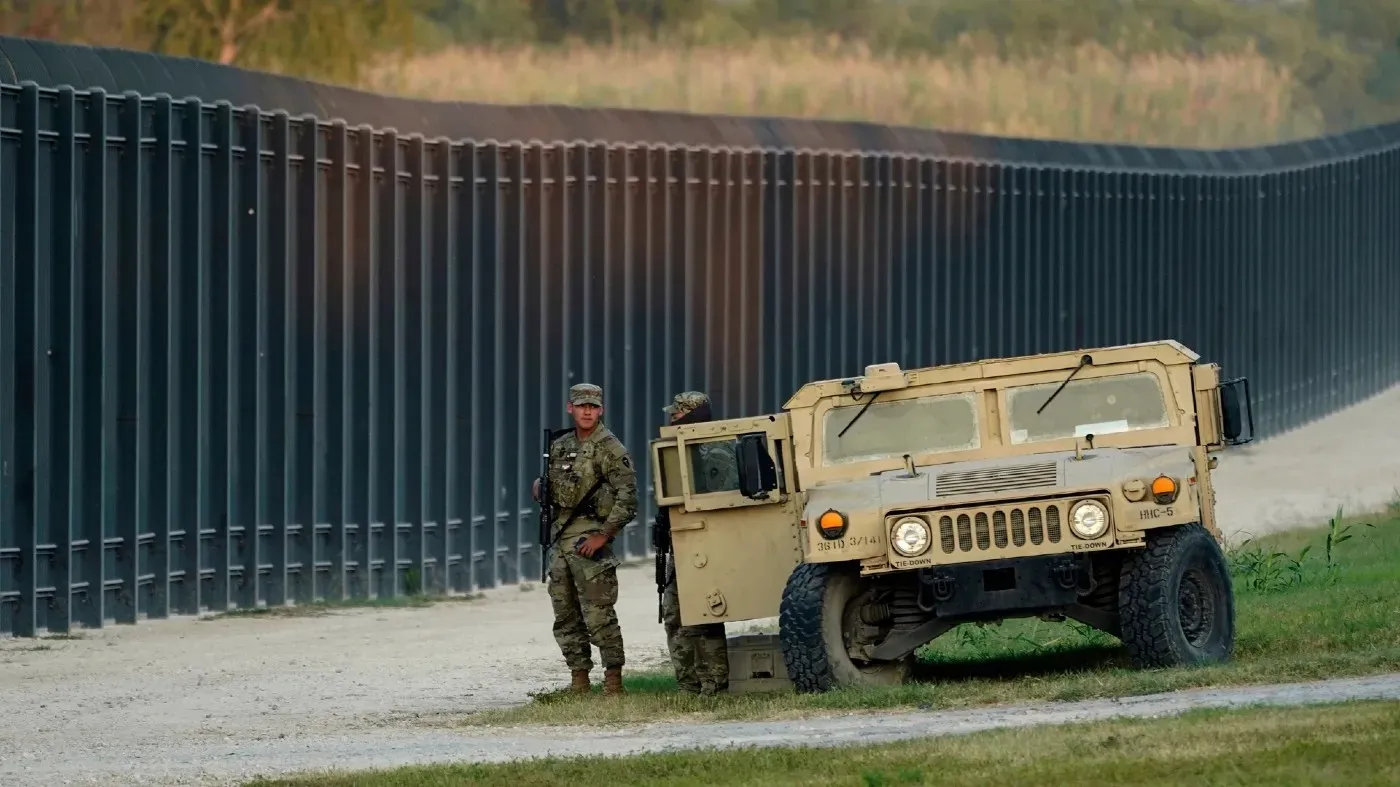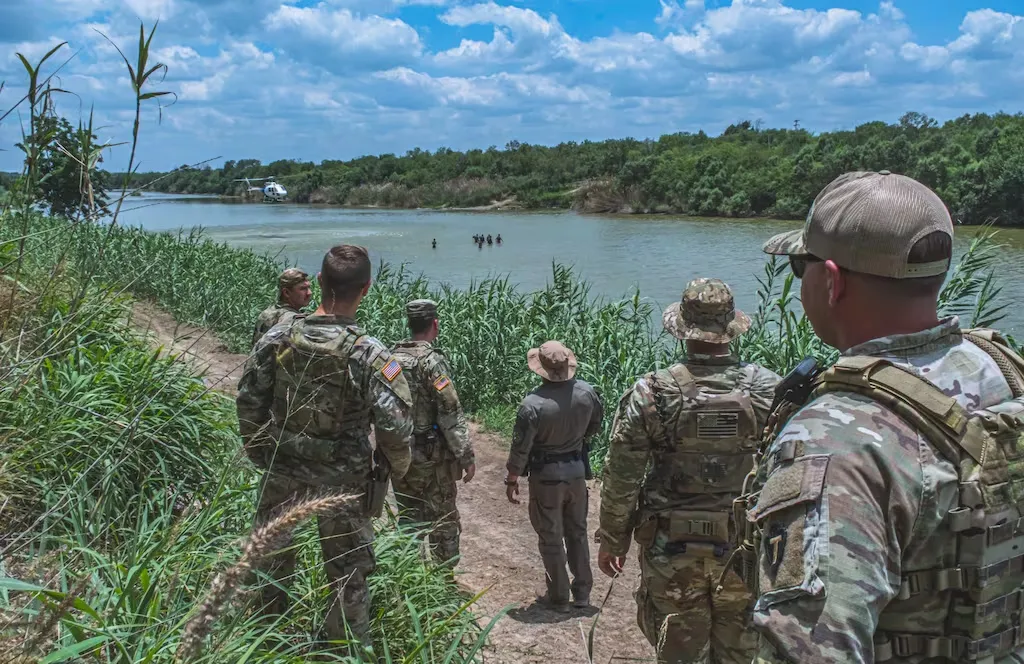At least 17 Texas Guardsmen have died while deployed during the contentious mission to secure the southern border in the past three years, a Texas military official told state lawmakers earlier this month.
Family members of some of those service members have received $500,000 in compensation thanks to a recently authorized state death benefit, but several others were denied or have their claim remaining under review, according to Shelia Bailey Taylor, the Texas Military Department director of state administration, who revealed the death toll on Aug. 20.
The troops served on Operation Lone Star, a mission consisting of Texas Guard members and other state law enforcement officials that Governor Greg Abbott said was enacted to stop drugs and or people from entering into Texas across the U.S.-Mexico border without authorization.

In July, Border Patrol recorded just over 56,400 encounters between ports of entry along the southwest border, the lowest monthly total since September 2020, according to U.S. Customs and Border Protection. That followed an announcement in June by President Joe Biden that temporarily suspended the entry of certain noncitizens across the southern border.
Thanks to the Bishop Evans Act, families of Texas National Guardsmen who die “in connection with operations initiated to address criminal activity in the border region” may now be eligible for financial compensation. The law is named after a Texas National Guard member who died in 2022 while trying to save two migrants, The Texas Tribune and Army Times previously reported.
Others who died for a variety of reasons while serving on Operation Lone Star include a Guardsmen who suffered a medical emergency at his unit’s hotel, at least two others who were killed in accidental shootings as well as at least four others who died by suicide.
Between March 6, 2021 — the date Operation Lone Star launched — and Sept. 1, 2023, there were 10 claims submitted to receive a one-time lump sum payment of half a million dollars following the death of a service member, Taylor said. Of those, four of those claims met eligibility requirements, but only three were paid out, as the fourth did not have surviving dependents, she said. The other six claims were denied, she added.
Taylor said another seven claims were submitted for deaths that occurred during state active duty after Sept. 1, 2023. Six of those deaths remain under review, she said, though one investigation recently concluded and determined the death was during state active duty orders.

Seven of the claims were also separately submitted for additional worker’s compensation death benefits, though six have been denied as they were considered to not be “on the job” injuries within the course and scope of employment, she said.
Texas state Rep. Ray Lopez, D-San Antonio, the vice chair of the Defense & Veterans’ Affairs Committee, encouraged Taylor and other officials at the meeting to speak up if gaps or other issues need to be addressed with the implementation of the new law.
“We know that it is a good attempt. Its intent is certainly perfect in the sense that we want to put legislation out there that is helpful to those folks that we’re serving. But we know that it isn’t,” he said.
The Texas Military Department did not immediately respond to a request for comment by Military Times.

Leave a Reply